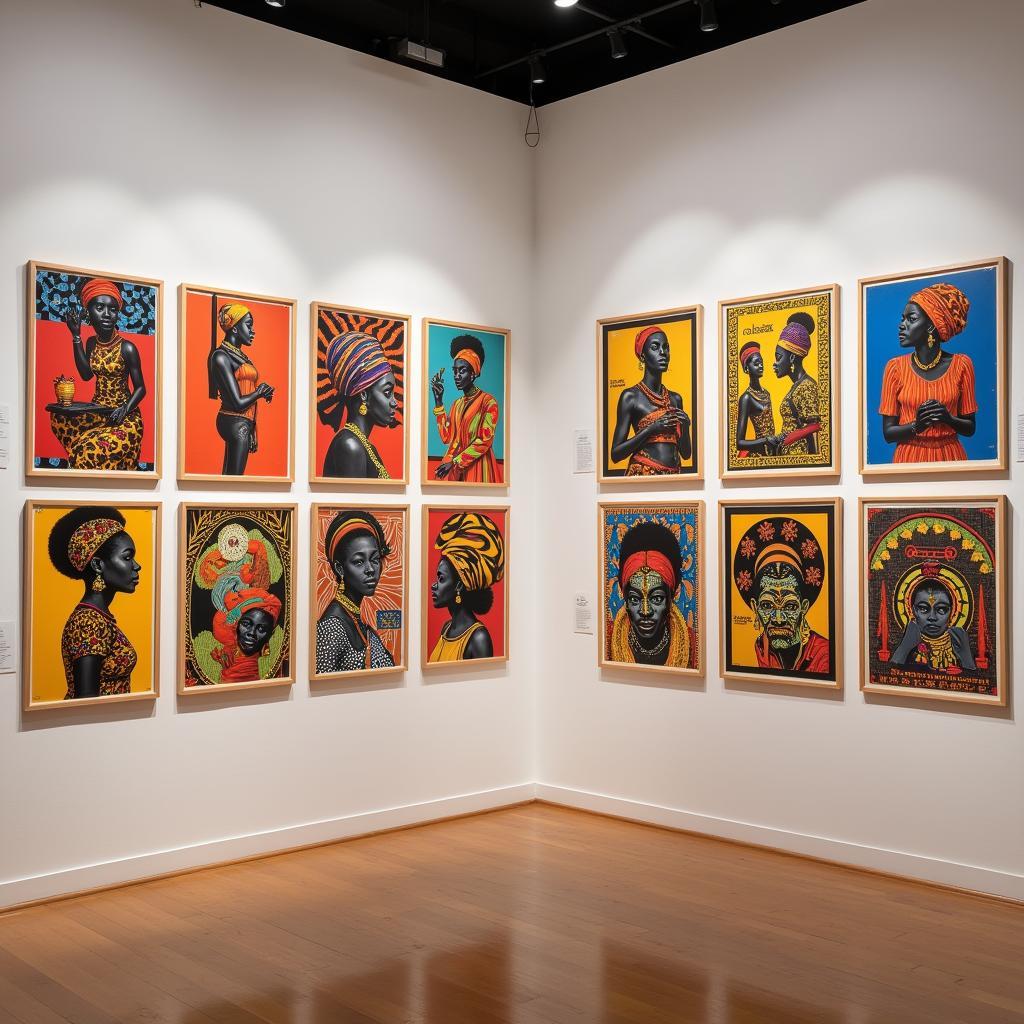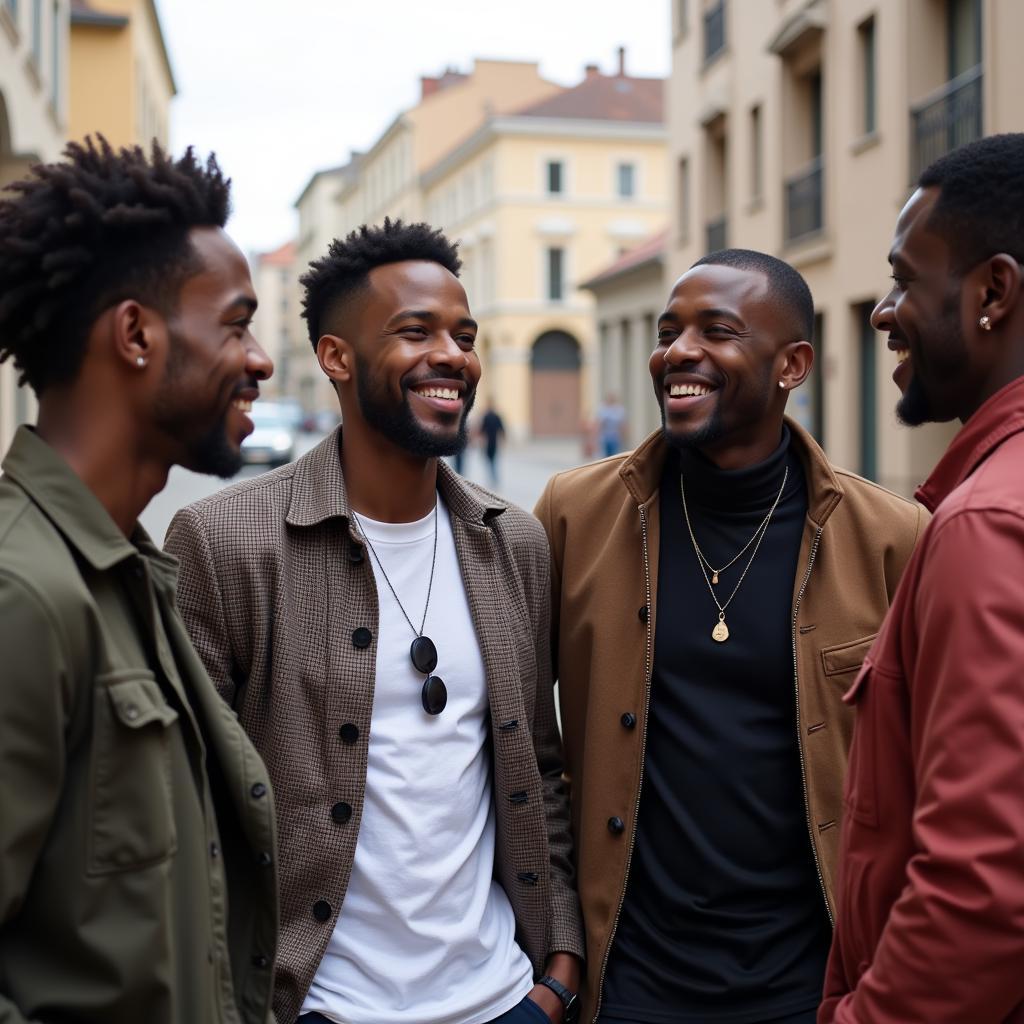A Deep Dive into African American Life in Philadelphia
Philadelphia, a city steeped in history, holds a significant place in the narrative of African Americans. From the city’s founding to the present day, African Americans have shaped Philadelphia’s cultural, social, and political landscape, leaving an indelible mark on its identity. This exploration delves into the rich tapestry of African American life in Philadelphia, highlighting its triumphs, struggles, and enduring legacy.
A Legacy Forged in Resilience: Early African American Life in Philadelphia
The story of African Americans in Philadelphia begins long before the American Revolution. The city, founded on principles of tolerance by William Penn, attracted both free blacks and enslaved Africans. By the mid-18th century, a thriving free black community had emerged, establishing churches, businesses, and mutual aid societies. Figures like James Forten, a sailmaker who became one of the wealthiest men in Philadelphia, and Absalom Jones, who co-founded the first black Episcopal church in the US, exemplify the spirit of entrepreneurship and community leadership that characterized early African American life in the city.
However, the institution of slavery cast a long shadow. Despite the presence of abolitionist sentiment, Philadelphia was also a major slave trading hub. The fight for freedom was relentless, with figures like Richard Allen, founder of the African Methodist Episcopal Church, and William Still, a conductor on the Underground Railroad, playing pivotal roles in assisting runaway slaves and advocating for abolition.
Shaping a City: African Americans in the 20th Century and Beyond
The Great Migration of the 20th century saw a massive influx of African Americans from the South to northern cities, including Philadelphia. This demographic shift brought about significant cultural, economic, and political changes. Neighborhoods like North Philadelphia became centers of black life, with jazz clubs and literary salons flourishing. However, this period also witnessed growing racial tensions and inequalities, leading to social movements and activism.
The Civil Rights Movement found fertile ground in Philadelphia. From protests against discriminatory housing practices to demands for equal opportunities in education and employment, African Americans in Philadelphia played a vital role in the fight for equality. Leaders like Cecil B. Moore, a lawyer and activist who championed school integration, and Judge A. Leon Higginbotham Jr., a prominent jurist and advocate for civil rights, left an enduring legacy on the city and the nation.
A Tapestry of Culture and Community
Philadelphia’s African American community has gifted the city and the world with a rich cultural tapestry. From the soulful sounds of Philly Soul, with legends like Patti LaBelle and The O’Jays, to the literary contributions of writers like W.E.B. Du Bois and Alain Locke, who both studied at the University of Pennsylvania, African American creativity has left an indelible mark.
FAQs About African American Life in Philadelphia
What are some key historical landmarks related to African American history in Philadelphia?
Philadelphia is home to numerous sites that illuminate African American history, including Mother Bethel African Methodist Episcopal Church, the African American Museum in Philadelphia, and the Frederick Douglass National Historic Site.
What are some significant cultural contributions of African Americans in Philadelphia?
African Americans in Philadelphia have made significant contributions to music, literature, and the arts. Philly Soul, a genre of soul music, originated in the city, and writers like W.E.B. Du Bois and Alain Locke have made lasting impacts on American thought.
How has the African American community in Philadelphia shaped the city’s social and political landscape?
From the fight for abolition to the Civil Rights Movement, African Americans in Philadelphia have consistently advocated for social justice and equality. Their activism has shaped the city’s laws, institutions, and cultural consciousness.
Need More Information?
For further inquiries about African American history and culture in Philadelphia, please contact us at:
Phone Number: +255768904061
Email: kaka.mag@gmail.com
Address: Mbarali DC Mawindi, Kangaga, Tanzania
Our dedicated customer service team is available 24/7 to assist you.


